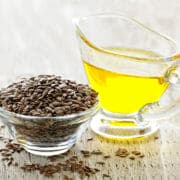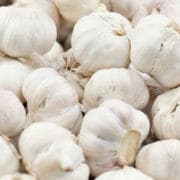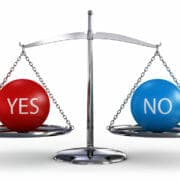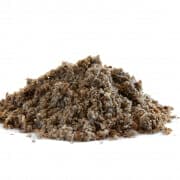What Is an Organic Mineral?
We all hear the term ‘organic mineral’ being used in horse nutrition. But what does it actually mean?
Its definition is pretty basic… an organic mineral is simply a mineral that is attached to something that contains carbon.
For anyone who can stretch their mind back far enough to the sometimes-dreaded chemistry classroom, you might remember a subject called ‘Organic Chemistry’ which dealt with the chemical goings on of ‘carbon-containing compounds’. So, a mineral attached to a carbon-containing compound is called an ‘organic mineral’.
For example, copper sulfate is an inorganic mineral, as it is simply one copper attached to one sulfur and four oxygen atoms (i.e. no carbon). Copper proteinate on the other hand is copper attached to a tiny piece of protein. Protein contains carbon atoms, so a copper proteinate is classified as an organic mineral.
It is easy to be confused by the word ‘organic’ these days as it is most commonly used to describe food produced without the use of synthetic herbicides, fertilisers, or feed additives. You need to be careful not to transfer the mostly positive associations of organic food onto the use of organic minerals in horse nutrition.
The benefits of organic minerals for horses, perhaps with the exception of organic selenium, are largely undocumented… yet, unfortunately, widely claimed. A topic for another day!
Do you have a question or comment? Do you need help with feeding?
We would love to welcome you to our FeedXL Horse Nutrition Facebook Group. Ask questions and have them answered by PhD and Masters qualified equine nutritionists and spend time with like-minded horse owners. It’s free!
Click here to join the FeedXL Horse Nutrition Facebook Group











